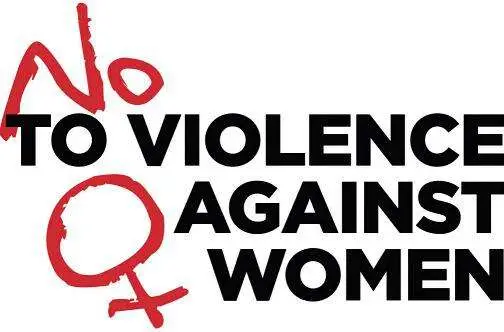
PRESS RELEASE
Roseau, Dominica, August 2025- A major step forward in combatting Gender-based Violence (GBV) was taken when the Ministry of Health, Wellness and Social Services of Dominica, through the Bureau of Gender Affairs, hosted a two-day workshop aimed at raising awareness and building capacity among stakeholders across various sectors on the GBV referral pathway and supporting the implementation of the Domestic Violence Protection Act (2023).
The workshop, held in partnership with UN Women Multi-Country Office – Caribbean through the Build Back Equal Project, funded by Global Affairs Canada, and the Investment Climate Reform (ICR) Facility, brought together key stakeholders across the justice, health, social services, and NGO sectors.
The training sessions focused on survivor-centered approaches, trauma-informed responses, data-informed decision-making, and strategic and coordinated multi-agency implementation of the Act. The workshop also aimed to enhance the response of law enforcement and key stakeholders by improving data collection practices and developing a clear, actionable roadmap for implementation, one that aligns with ongoing GBV programmes and initiatives within the country.
Lester Guye, Director of Gender Affairs, said it is essential to have an inter-disciplinary approach to the implementation of the new Act:
“We are finalizing implementation strategies informed by the consultant’s recommendations on the Domestic Violence Protection Act. We are meeting with stakeholders to make sure that everything is put in place so that we can safely and comfortably implement those objectives and strategies. The Government of Dominica is committed to fully operationalising the Act, and this workshop is a crucial step to ensure that the Act is not just a piece of legislation, but a living tool that actively protects and empowers survivors – it is about translating law into practice.
This workshop is a vital part of building trust and improving the way our systems work for those who need them most.”
Guye expressed gratitude to the agencies that lent support to Dominica in this process.
Loveness Nyakujarah, Coordinator for the Build Back Equal Project, said: “Through the Build Back Equal Project, which is supported by Global Affairs Canada, we are proud to support Dominica in strengthening its GBV response mechanisms and advancing the implementation of the Domestic Violence Protection Act. This training is part of a wider regional effort to build stronger, more inclusive systems that can respond effectively to Gender-based Violence. Change happens when government, civil society, and communities work together. This training brings those actors together to ensure that survivors receive the coordinated and compassionate care they deserve.”
Nyakujarah added that providing essential and efficient services for addressing gender-based violence is also vital because this removes barriers to women’s productivity in both their public and private lives. The efforts to deliver better services for victims and survivors of violence are therefore contributing to women’s economic security.
The training was facilitated by Dr. Susana Martinez Restrepo, a leading GBV policy expert, who provided technical assistance for the development of a national action plan to implement the Act. Dr. Restrepo said:
“This training is important to understand in what ways we are re-victimizing survivors of domestic violence and gender-based violence. It can be during the interview process. It can be when the police or someone gets to help them to get safe, for example, to a shelter. It can be when someone goes to the hospital to get a rape examination. Or when someone goes through the judicial system. In any of these instances they can be re-victimized just by making them repeat the statements, just by making them, for example, have a rape examination several times because the gynecologist is not available, we are re-victimizing the survivors”. Dr. Restrepo explained that the training promotes survivor empowerment, how making small decisions during the interview can be empowering: “What do they want to wear, whether they want to call a family member, whether they want water, whether they want to go to a shelter.
Those little decisions can be empowering; respecting the decisions, making sure that everything around the decision-making takes them to safety.”
This national effort is the culmination of months of technical support and consultations with stakeholders, aimed at closing capacity gaps, strengthening referral mechanisms, and creating a safer, more responsive system for GBV survivors in Dominica.


I really think that enough is not being done for GBV victims. I myself is a victime gone to court and yet still im still being traumatised and threaten by my abuser. So many reports hvae been made but nothing is done . Victims are being treated like ut their fault and no one is taking these things seriously . They waiting for a death to take place to say that they’re sorry . Persons in authority please do better